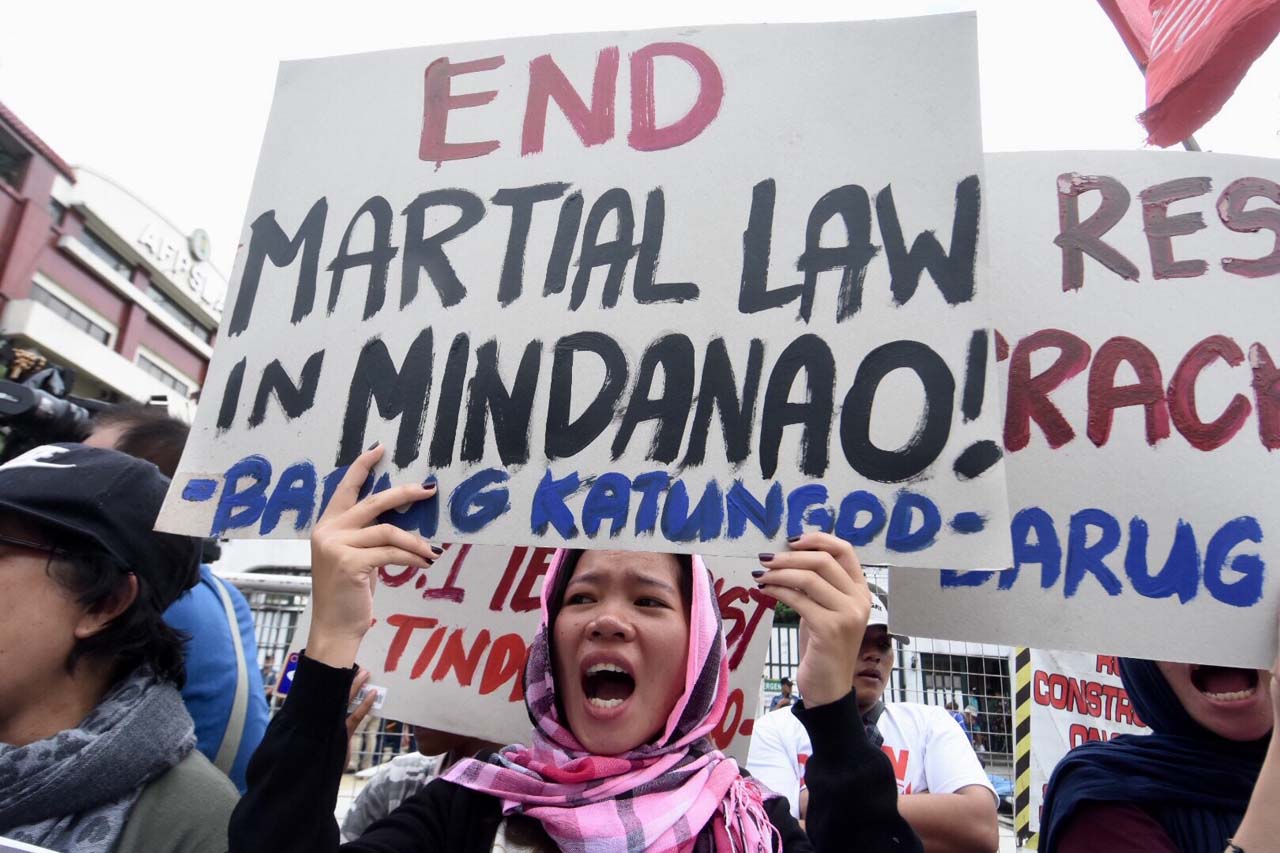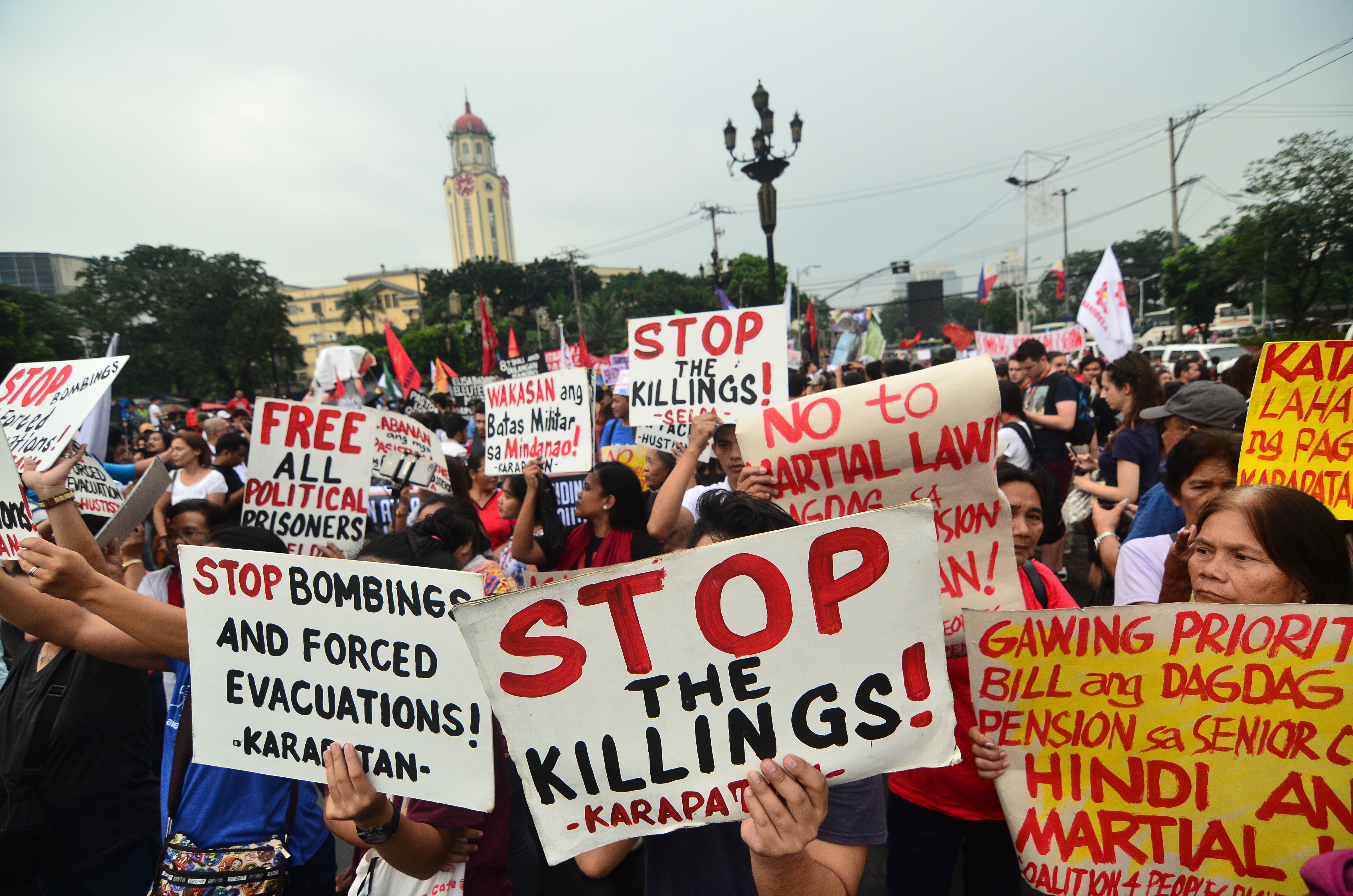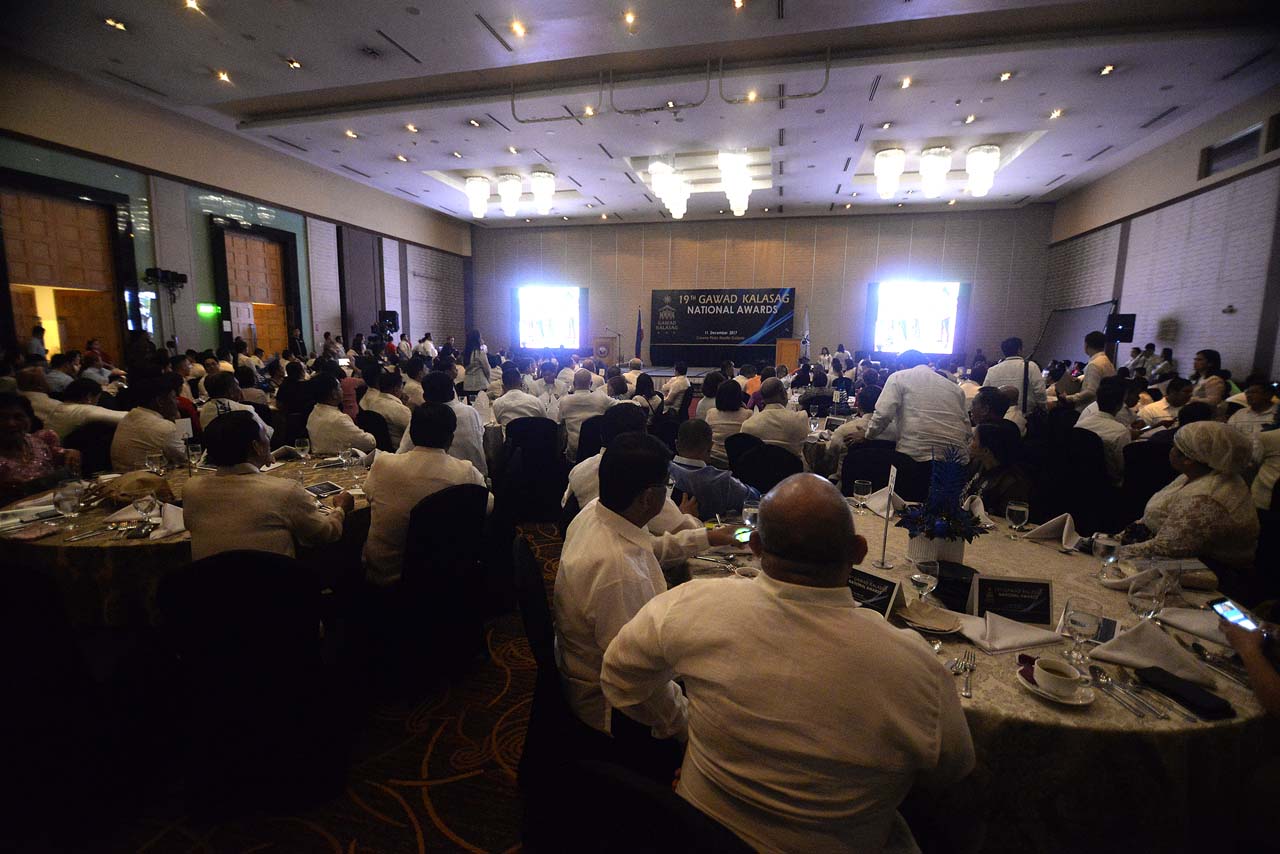
MANILA, Philippines – Several groups slammed the government for arresting Pinagkaisang Samahan ng mga Tsuper at Operator Nationwide (Piston) leader George San Mateo on Tuesday, December 5.
In separate statements, leftist groups Kadamay and Agham – Advocates of Science and Technology for the People condemned the move, saying it was an "affront to democracy."
"Masyadong halata ang paranoia ng gobyernong ito. Magpipiyansa na nga, inaresto pa. (The paranoia of this government is obvious. He was already about to post bail but he was still arrested.) The Duterte government and the transport agencies have been exposed and they know that the modernization plan is inherently anti-driver and anti-commuter, hence their efforts to stifle the movements against this," said Kadamay chairperson Gloria Arellano.
Agham also said the arrest shows "the government's refusal to heed the calls of the protesting groups."
"The supposed violation of failing to deliver the transportation service unjustly puts the blame on the protesting drivers who joined the strike to oppose a program that will adversely impact their livelihood," the group said.
San Mateo was arrested at the Quezon City (QC) Hall of Justice on Tuesday. The QC Metropolitan Trial Court Branch 43 had ordered San Mateo's arrest for leading a transport strike against the public utility vehicle (PUV) modernization plan back in February.
According to the arrest order issued last Friday, December 1, the Piston president allegedly violated the Public Service Act.
"Mas dapat nga lalo tayong kumilos [dahil sa] kasuklam-suklam [na] panggigipit na ginagawa ng diktadura ni Duterte," San Mateo said regarding his arrest. (We should mobilize more because of this disgusting oppression under the Duterte dictatorship.)
Discrediting Piston?
Kadamay pointed out that the Land Transportation Franchising and Regulatory Board (LTFRB) earlier said that San Mateo is currently not a jeepney operator. (READ: DOTr hits Piston 'propaganda' on modernization program)
"The arrest itself reeks of government desperation to discredit Piston," the group added.
Kadamay and Agham also noted that Piston's willingness to cooperate with the government was evident when it canceled a two-day strike this December, heeding Senator Grace Poe's appeal.
San Mateo is set to attend a Senate hearing called by Poe next Monday, December 11.
Poe questioned the timing of the arrest order, saying it "casts doubt on the intent of the complainant in filing such charges."
"The PUV modernization program should be borne from a democratic process and not from underhanded tactics," the senator said on Tuesday.
No consultation?
In a statement, the Department of Transportation (DOTr) refuted Piston's claim that they were not consulted regarding the PUV modernization.
Transportation Assistant Secretary for Commuter Affairs Elvira Medina said she spoke to San Mateo during a protest in front of the DOTr office in Mandaluyong City last June.
"I was able to make it clear to them that there is no [total] phaseout of jeepneys. He gave me his phone number and promised to schedule a meeting. However, he has not responded to my text messages and calls up to this date," Medina said on Tuesday.
Medina also said she explained that the new jeepney models would serve commuters better.
In November, Transportation Undersecretary Thomas Orbos said deteriorated PUVs would be phased out starting January, following President Rodrigo Duterte's order to modernize jeepneys.
Piston argued that PUV modernization would lead to loss of jobs, and asked the government to junk the program, staging 3 transport strikes this year.
The group criticized the program as "pro-big business" and anti-poor, as the new jeepney models cost around P1.5 million each – too expensive for drivers and operators. – Rappler.com






























































